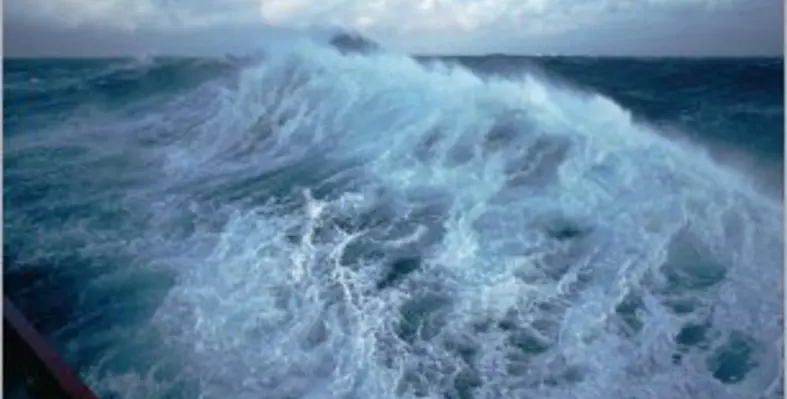The GCCs water and wastewater treatment equipment market is set to reach US$2 billion by 2016, according to a latest report by Frost & Sullivan.
The market is currently being pegged at US$1.3 billion but is growing at a compound annual growth rate (CAGR) of seven per cent over the next five years.
Burgeoning consumption
As economic development gains speed, Middle East governments are moving aggressively towards promoting water conservation/storage, wastewater recycle and reuse and desalination of sea water in order to meet the burgeoning water consumption needs of all sectors, the report stated.
Heavy investment
The region has begun investing heavily in water and sewerage networks to ensure 100 per cent connectivity to the growing population, said the report.
Water requirements by all the three sectors - agriculture, domestic and industrial - are set to grow from 35 billion cubic meters (BCM) to 49 BCM by 2020 in the Gulf region.
Whilst the sewage collection rate in the GCC is 52 per cent of the total sewage generated however, contribution of recycled water to total water withdrawal is between four to eight per cent.
"All the GCC countries were water-stressed with the per capita renewable water resources much below the critical level of 1,000 cu. M/day," said Sasidhar Chidanamarri, industry manager, Environmental and Building Technologies (Mena) at Frost & Sullivan.
The industrial growth in the GCC region is expected to unfold opportunities for advanced water and wastewater treatment solutions, according to the report.
Critical role of desalination
Desalination is expected to continue playing a critical role in the overall water supply in the Mena region. Across the Middle East, a total of 39 million cu. m/day of desalination capacity is expected to be added between 2010 and 2020. This translates into an approximate investment of US$45-50 billion in the desalination sector.
These is creating opportunities for the water sector particularly in the areas of recycle and reuse technologies such as Membrane Bio Reactor (MBR) and sea water desalination. The GCC region is witnessing installations of large capacity MBR plants.
"Muscat has recently commissioned a 76,000 cu. M/day MBR plant that treats sewage to low levels of suspended solids, biological oxygen demand (BOD) and colour, for use in irrigation and other industrial applications," highlighted the report.
These developments are revealing signs of a more expansive market for MBR's in the Middle East, stated the report.
Outlook for 2012
On its outlook for 2012, Frost and Sullivan said Middle East region holds significant potential for industry participants mulling a foray into the development of water and wastewater infrastructure including desalination, water and wastewater treatment, water transmission, and wastewater collection network.
It has the potential to drive the market for membrane-based systems such as reverse osmosis, MBR and ultra-filtration (UF) on the treatment side, the report added.








